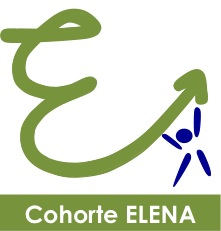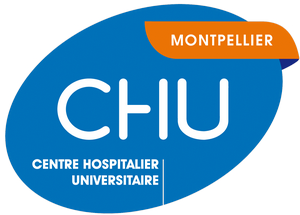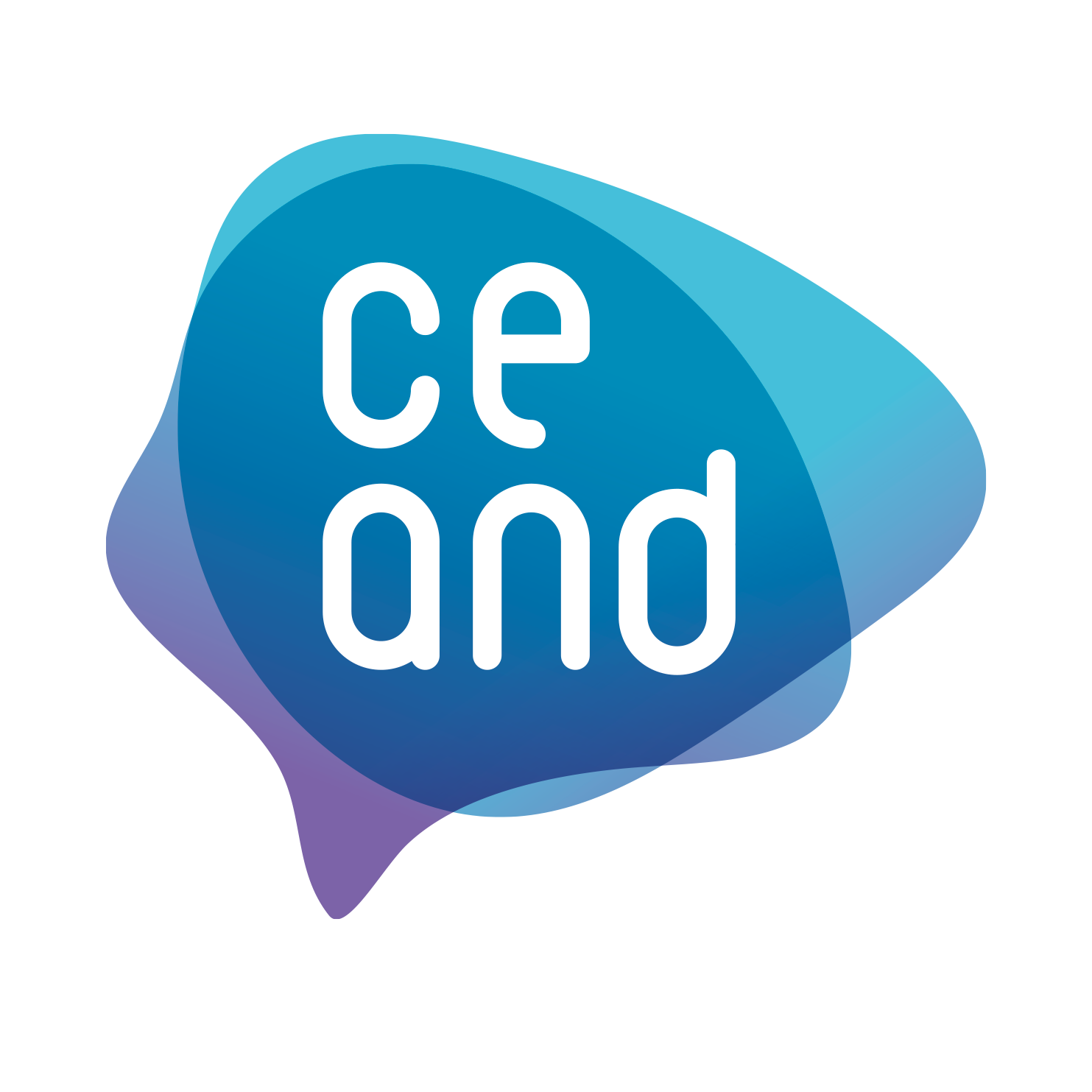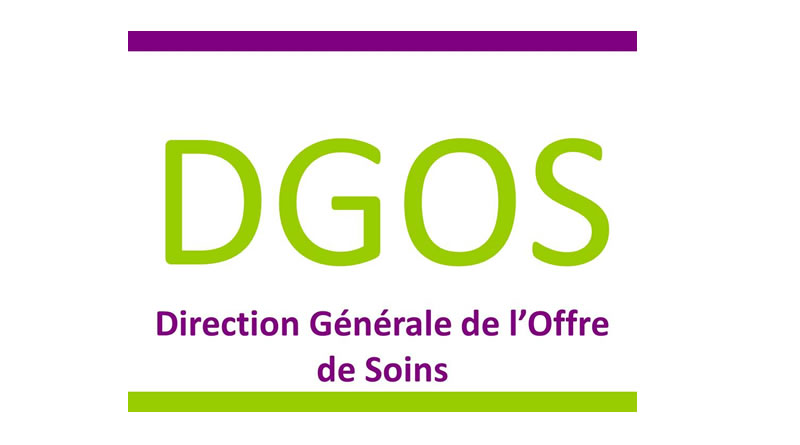The evolving trajectories in autism spectrum disorder (ASD) are diverse but there is little available knowledge to explain such diversity. They are linked to multiple risk and protective factors, some of which can only be detected in large samples. Cohort studies generally allow for the rigorous capture of the processes of change and the patterns associated with them. However, internationally, there are few large cohorts of children with ASD and the associated studies are rarely conducted on a long-term basis. The ELENA study is based is a paediatric cohort that was established using a multi-thematic, interdisciplinary, and translational approach to improve the understanding of evolving trajectories.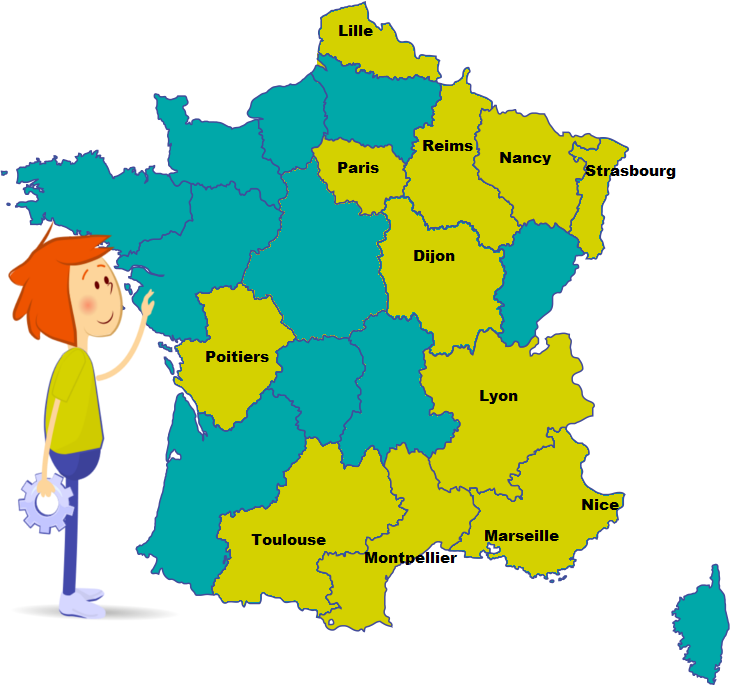
The ELENA Cohort is a prospective, multicentre cohort of children under 16 years of age with a diagnosis of ASD established in specialised centres from which they were recruited. The 13 partner centres are brought together within the ELENA consortium*, managed by a charter. Patients are monitored every 18 months for a minimum duration of 36 months. Clinical, medical, social, and environmental data are collected. The primary endpoint is socio-adaptive functioning, assessed through Vineland II scores. The secondary endpoints are the symptomatic severity of ASD, comorbidities, family quality of life, and interventions.
Currently, the ELENA cohort consists of 877 participants selected from the 13 partner centres. There have been 599 visits at V1 (V0+18 months), 438 reassessments at V2 (V0+36 months), and 83 reassessments at V4 (V0+72 months).
Inclusion was closed in December 2019, with 877 patients included over six years. We expect to have sufficient power to identify risk and protective factors from such a sample. The participation of numerous teams of clinicians and researchers from various disciplines (genetics, neuroimaging, etc.) will promote the structuring of a national research network aimed at improving diagnosis and innovative therapies and ultimately contributing to an improvement in the quality of life of people with ASD.
Objective
The main objective is to identify the evolving trajectories of a large population of children with ASD and to analyse the risk and protective factors to which these children are exposed during their trajectories.
The secondary objectives are to analyse the impact of ASD on the quality of family life, characterise the forms of intervention proposed and the participants trajectories, and characterise comorbidities and their evolution over time.
Ultimately, the aim is to promote translational studies by creating a reliable and freely available database on ASD that is as complete as possible.
Analysing these results should enable us to better address the many questions asked by parents and professionals on the individual development of each child and adolescent with ASD. This will help us to improve their care and structure research for the creation of a public health tool to better understand their needs at the different stages of their lives, with the goal of improving professional practices.
The ELENA cohort is supported by the Montpellier University Hospital and financed by the Ministry of Higher Education, Research, and Innovation, the National Solidarity and Autonomy Fund, and the General Organisation of the Healthcare System


